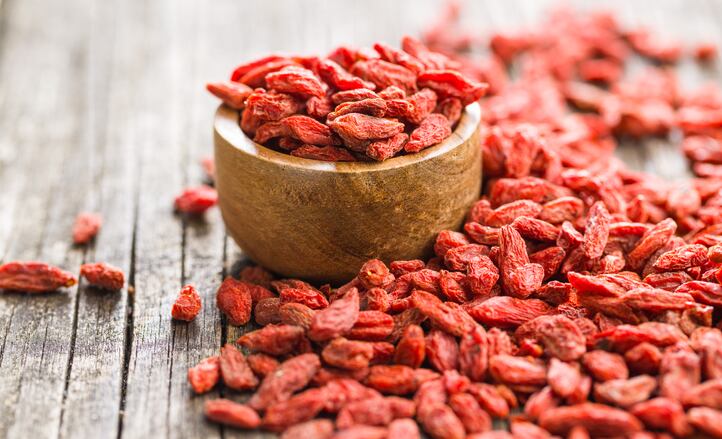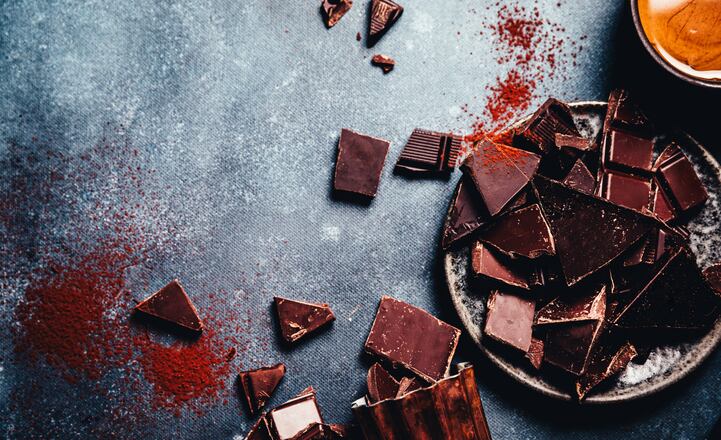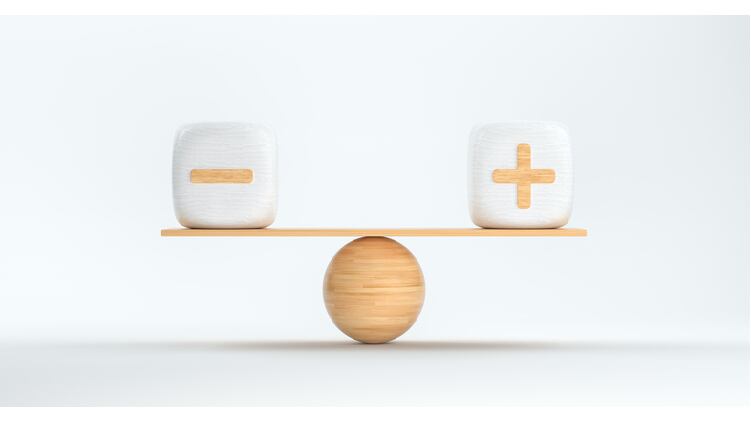There was significant improvement in cognitive impairment, retardation, sleep disturbances, and reduction in feelings of hopelessness in teens who took the supplement.
Findings of the study were published in Neural Regeneration Research. The trial involved researchers from The Affiliated Hospital of Guangzhou Medical University and the University of Toronto.
Lycium barbarum polysaccharide have shown anti-depressant effects including anti-oxidative and anti-inflammatory properties.
Twenty-five adolescents between 12 and 18 years old with subthreshold depression completed the six-week double-blind RCT. Subthreshold depression is defined as scoring 15-25 on the Beck Depression Rating Scale (BDI-II).
The BDI-II is a 21-item self-report to measure depression, with higher scores indicating a higher degree of depression.
The subjects were randomly assigned to the placebo or the intervention group where they received 300 mg of Lycium barbarum polysaccharide per day.
Reduced depressive symptoms
Findings showed that Lycium barbarum polysaccharide supplementation had reduced depressive symptoms, mainly cognitive impairment, retardation, and sleep disturbances.
Using the Hamilton Depression Scale (HAMD-24), the intervention group saw their cognitive impairment, retardation, and sleep disturbances scores went down by 2.2, 2.333, and 1.667 from the baseline respectively. Their score for feelings of hopelessness also decreased by 1.6 from the baseline.
The HAMD-24 is used to measure the severity of depression. It contains 24 items, measuring factors such as anxiety, weight loss, cognitive impairment, circadian fluctuations, sleep disturbances, and hopelessness. A higher score signifies a higher degree of depression.
In contrast, the placebo group only had reductions of 1.214, 1.357, and 1.286 from their baseline cognitive impairment, retardation, and sleep disturbances scores.
The two groups’ total HAMD-24 scores differed by 3.149 by the end of the study, indicating a greater decrease in depressive symptoms in the intervention group, said the researchers.
Second, the intervention group also had a greater reduction in BDI-II scores as compared to the placebo group.
In the intervention group, the reduction in BDI-II score was 12.933, while that of the placebo group was 9.071.
Third, the remission rates for the intervention group was higher at 33.3 per cent, almost five times higher than the placebo group which only had a remission rate of 7.14 per cent.
This shows that there was a significant effect of the intervention on the remission of subthreshold depression, indicating a greater chance of remission in the intervention group.
Limitations
The researchers acknowledged that the results were limited by its small trial size and that the optimal dose of Lycium barbarum polysaccharide was not yet established.
“Given the preliminary nature of the current analysis, the generalizability of the findings of this trial are limited by its small size and sample distribution (80% were girls),” they said.
They added that further clinical trials were needed to establish the effective dose range of Lycium barbarum polysaccharide.
This study was financially supported by The Science and Technology Program of Guangzhou, China and the National Natural Science Foundation of China.
“To the best of our knowledge, this preliminary randomized placebo-controlled trial is the first to report on the efficacy and tolerability of LBP (Lycium barbarum polysaccharide) in adolescents with StD (subthreshold depression).
“Despite the small sample size of this interim analysis, our major finding was that 6 weeks of 300 mg/d LBP ameliorated depressive symptoms in adolescents with StD compared with those who took a placebo.
“Moreover, adolescents with StD in the LBP group were more likely to achieve remission than those in the placebo-controlled group,” the researchers concluded.
Source: Neural Regeneration Research
Efficacy of Lycium barbarum polysaccharide in adolescents with subthreshold depression: interim analysis of a randomized controlled study
DOI: 10.4103/1673-5374.330618
Authors: Li X, et al





